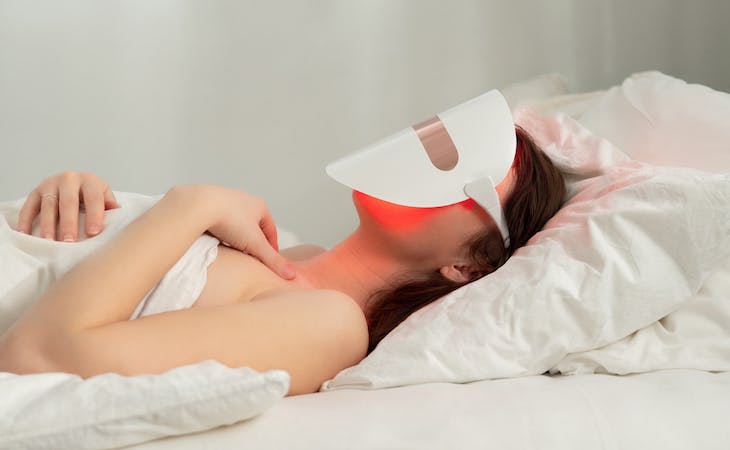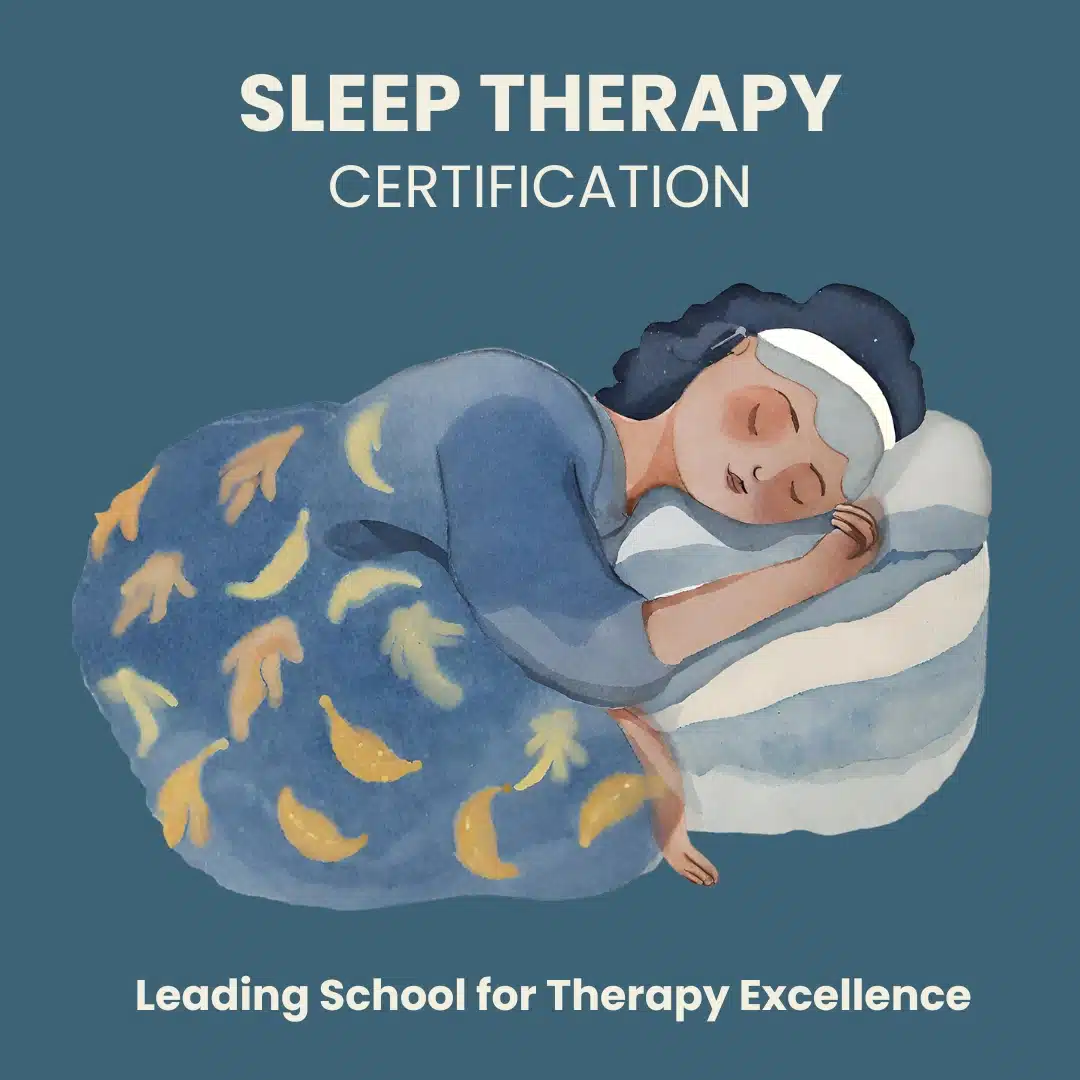Cutting-edge Insomnia Solutions - Locate What Functions for You
Cutting-edge Insomnia Solutions - Locate What Functions for You
Blog Article
Effective Therapy Solutions for Handling Rest Disorders and Enhancing Relaxed Rest
In the world of healthcare, the monitoring of rest conditions and the quest for relaxing rest are pivotal parts of total well-being. As we browse the detailed landscape of rest problems and look for to boost our rest experience, a much deeper understanding of these treatment remedies might hold the secret to unlocking a more rejuvenating and meeting restorative journey.
Cognitive Behavior Treatment for Sleeplessness (CBT-I)
Cognitive Behavior Modification for Sleeping Disorders (CBT-I) is an organized, evidence-based therapy strategy that focuses on resolving the hidden aspects adding to rest disruptions. This kind of therapy intends to change habits and ideas that worsen sleeplessness, ultimately promoting healthy and balanced rest patterns. CBT-I typically entails several key parts, including cognitive treatment, sleep constraint, stimulation control, and rest hygiene education.
Cognitive treatment helps individuals recognize and change adverse idea patterns and ideas about rest that may be preventing their capacity to drop or remain asleep. Sleep restriction includes limiting the amount of time spent in bed to match the individual's real rest period, consequently increasing sleep performance (insomnia specialist). Stimulation control methods aid establish a strong organization between the bed and rest by encouraging individuals to head to bed only when sleepy and to avoid involving in boosting tasks in bed
In addition, sleep hygiene education focuses on establishing healthy sleep practices, such as maintaining a consistent rest schedule, developing a relaxing going to bed routine, and enhancing the rest setting. By resolving these variables thoroughly, CBT-I supplies an effective non-pharmacological treatment for taking care of sleeplessness and boosting general sleep quality.
Rest Hygiene Practices
Having established the foundation of cognitive restructuring and behavioral adjustments in resolving sleeping disorders with Cognitive Behavioral Treatment for Sleeplessness (CBT-I), the focus now changes in the direction of discovering vital Rest Hygiene Practices for maintaining ideal rest high quality and general health.
Sleep health practices encompass a variety of habits and ecological variables that can significantly impact one's capability to go to sleep and remain asleep throughout the night. Consistent rest and wake times, creating a relaxing going to bed routine, and maximizing the rest setting by maintaining it dark, quiet, and cool are critical parts of good sleep hygiene. Limiting exposure to screens prior to bedtime, avoiding energizers like high levels of caffeine near to bedtime, and taking part in normal exercise throughout the day can additionally advertise much better rest top quality.
Moreover, practicing leisure methods such as deep breathing workouts or meditation before bed can assist calm the mind and prepare the body for rest. By including these rest health techniques into one's everyday regimen, people can develop a healthy and balanced sleep pattern that supports relaxing rest and total wellness.
Relaxation Strategies and Mindfulness
Executing leisure techniques and mindfulness methods can play a pivotal role in fostering a sense of tranquility and promoting top quality rest. In addition, guided imagery can help move individuals to a tranquil area in their minds, assisting in stress and anxiety reduction and enhancing sleep high quality.
Mindfulness practices, such as meditation and yoga, are likewise efficient in promoting relaxation and improving sleep. Mindfulness urges people to remain present in the moment, allowing go of stress visit this site right here over the past or future. By integrating these techniques right into a going to bed routine, individuals can signify to their bodies that it is time to take a break and prepare for sleep. On the whole, integrating leisure strategies and mindfulness methods can significantly add to handling sleep conditions and boosting total rest high quality.

Medicine Options for Rest Disorders
After checking out leisure methods and mindfulness methods as non-pharmacological interventions for enhancing rest high quality, it is necessary to take into consideration medication choices for individuals with sleep conditions. In situations where way of living modifications and therapy do not provide enough relief, medicine can be a useful tool in handling sleep disturbances.
Frequently recommended medications for sleep disorders consist of benzodiazepines, non-benzodiazepine hypnotics, antidepressants, and melatonin receptor agonists. Benzodiazepines, such as diazepam, are sedatives that can help induce rest, however they are commonly suggested for short-term use as a result of the risk of dependence. Non-benzodiazepine hypnotics like zolpidem are likewise made use of to treat insomnia and have a lower threat of dependence contrasted to benzodiazepines. Antidepressants, such as trazodone, can be advantageous for individuals with co-occurring anxiety and rest disturbances. Melatonin receptor agonists, like ramelteon, target the body's all-natural sleep-wake cycle and can be useful for managing sleep patterns.
It is critical for people to talk to a health care service provider to identify one of the most appropriate medication alternative based upon their particular sleep problem and case history.
Light Therapy for Circadian Rhythm Law
Light therapy, also referred to as photo-therapy, is a non-invasive therapy approach made use of to control body clocks and boost sleep-wake cycles. This treatment involves exposure to brilliant light that resembles all-natural sunshine, which helps to reset the body's inner clock. By exposing people to specific wavelengths of light, normally in the early morning or night relying on the preferred result, light therapy can successfully change the body clock to promote wakefulness throughout the day and click this link improve peaceful rest at night.
Research study has actually shown that light treatment can be particularly valuable for individuals with circadian rhythm conditions, such as postponed sleep phase disorder or jet lag. It can additionally be valuable for those experiencing seasonal depression (SAD), a type of anxiety that generally happens during the cold weather when all-natural light exposure is decreased. Light treatment is typically well-tolerated and can be utilized combined with various other therapy methods for sleep conditions to enhance results and improve overall sleep quality.
Verdict
To conclude, reliable treatment options for you can find out more managing sleep problems and boosting relaxed sleep include Cognitive Behavior modification for Sleep Problems (CBT-I), rest health techniques, leisure methods and mindfulness, drug choices, and light treatment for body clock law. These approaches can assist individuals improve their sleep high quality and total wellness. It is essential to seek advice from a medical care company to figure out one of the most ideal strategy for addressing rest problems.
As we browse the elaborate landscape of sleep problems and seek to boost our sleep experience, a much deeper understanding of these treatment solutions might hold the trick to opening a more rejuvenating and meeting restorative journey.
Rest limitation involves restricting the quantity of time spent in bed to match the individual's real sleep period, therefore boosting sleep effectiveness. Regular rest and wake times, creating a relaxing bedtime regimen, and enhancing the sleep setting by keeping it dark, quiet, and cool are vital elements of good rest health. Light therapy is generally well-tolerated and can be utilized in conjunction with various other treatment methods for rest problems to optimize outcomes and boost overall rest high quality.

Report this page